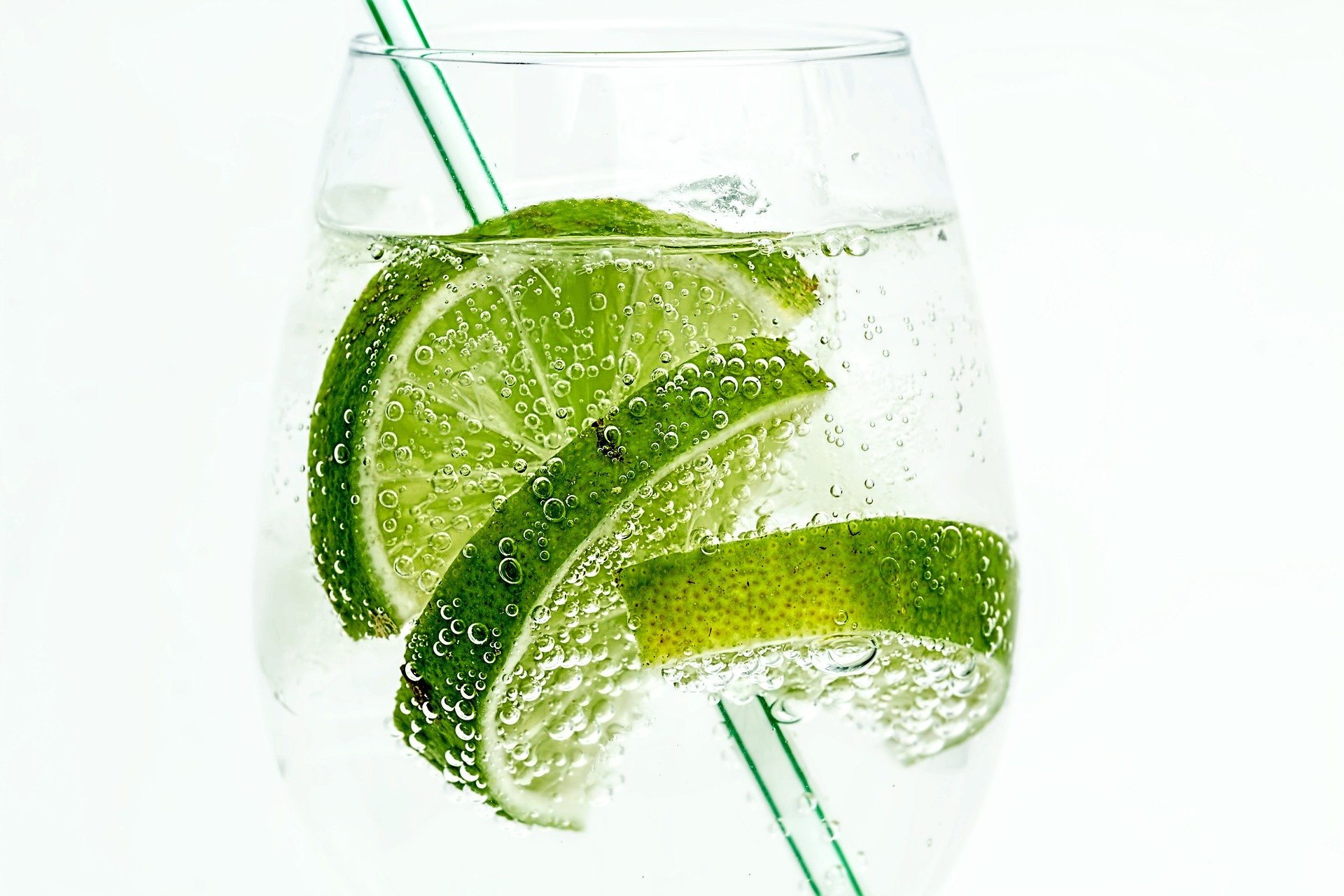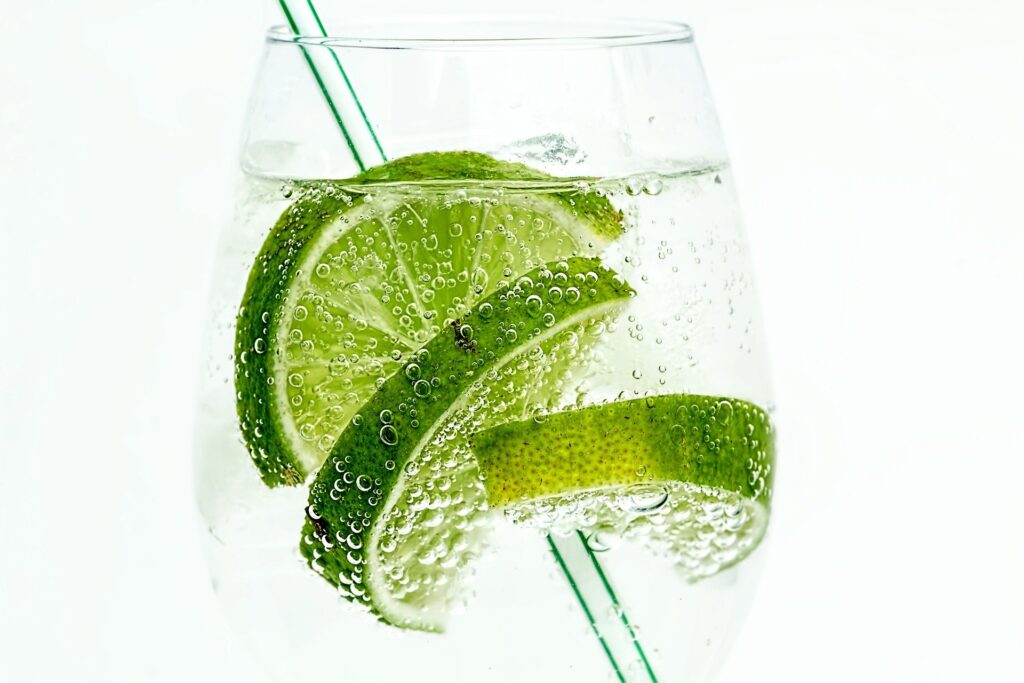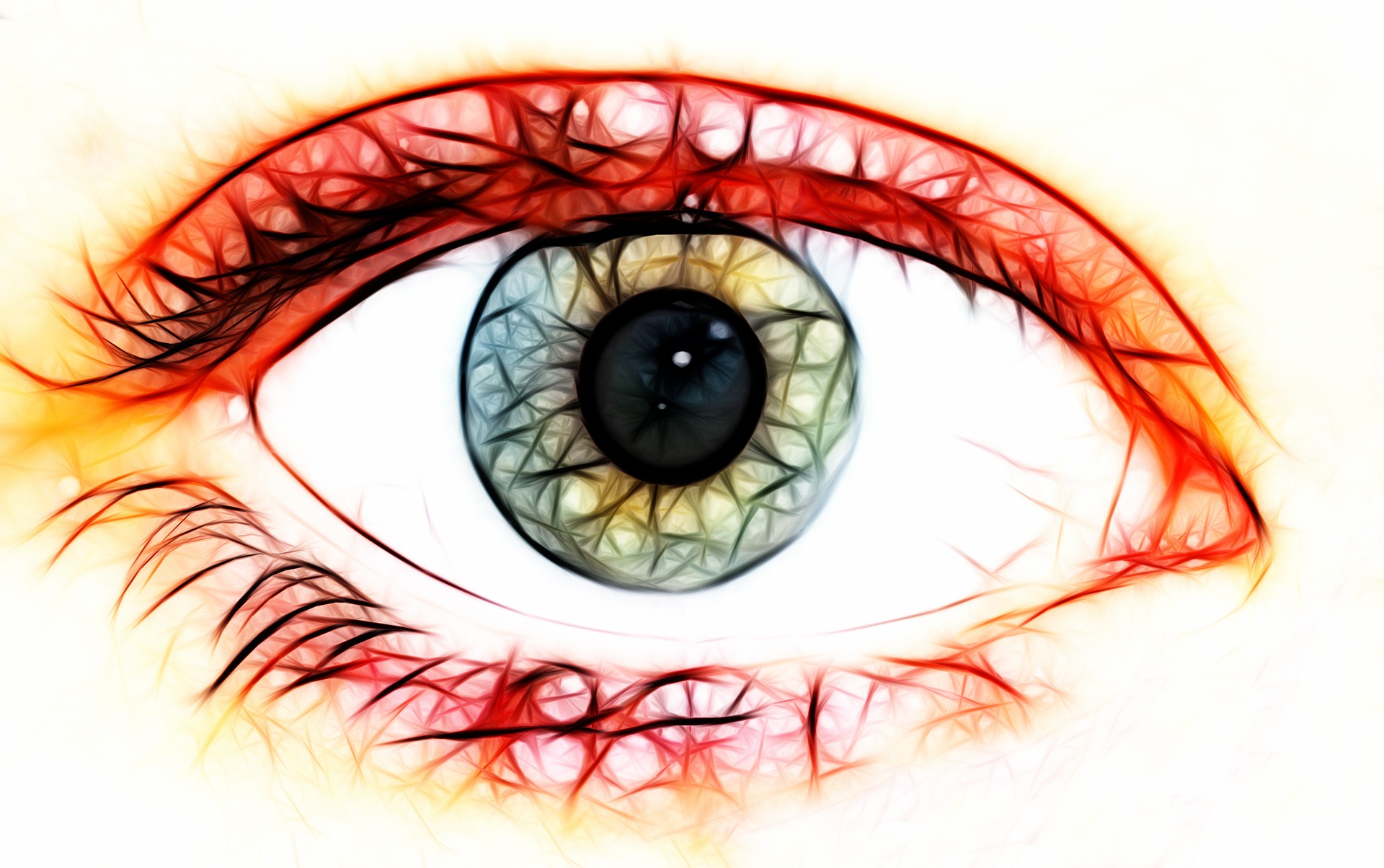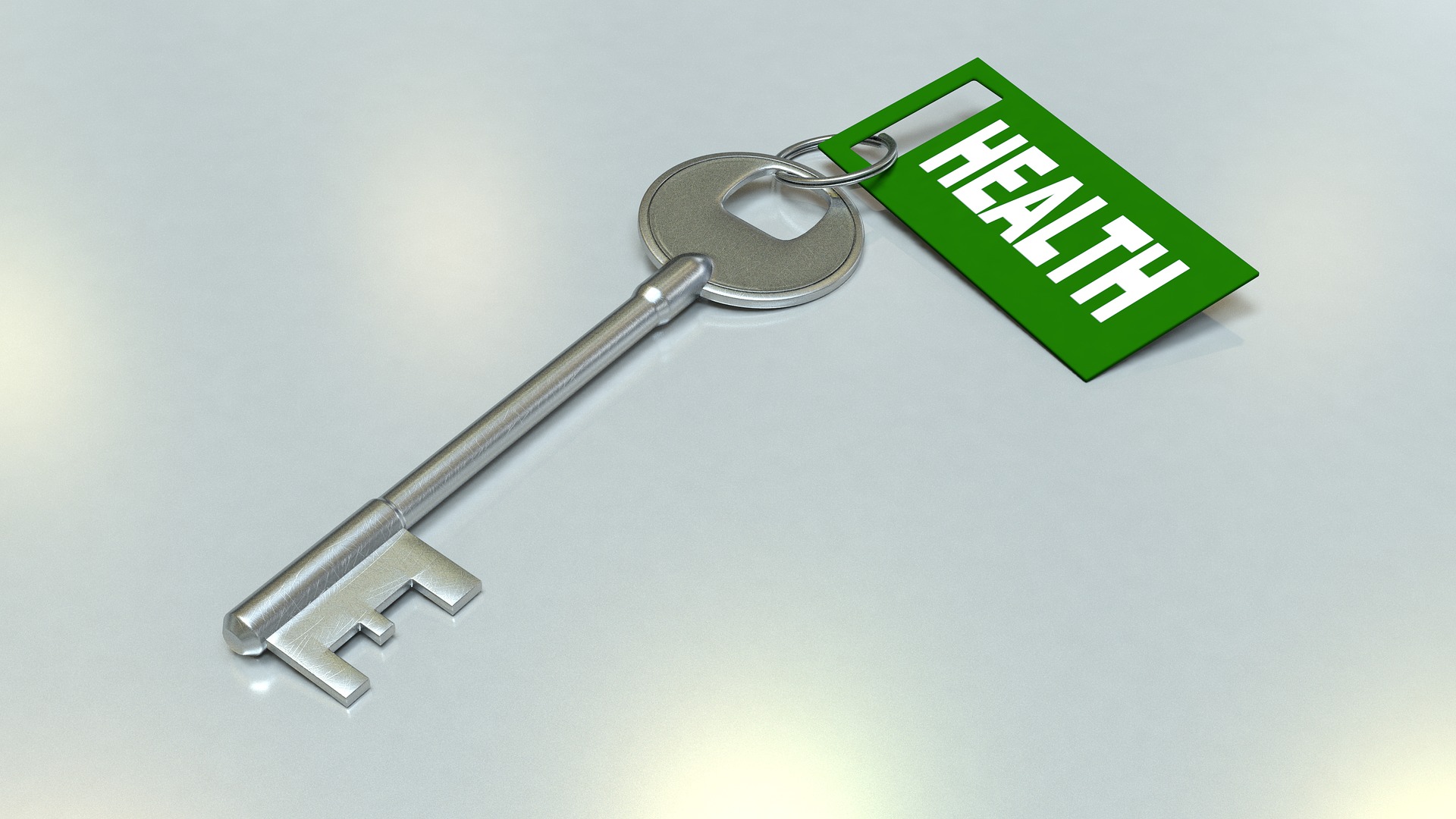
SICKLE CELL AND LIQUIDS: Part 1
Experts say we should drink plenty of water ETC.
When you have sickle cell disease, one of the best things you can do for yourself is drink plenty of water to stay hydrated. If you can, carry a bottle of water with you and keep drinking water throughout the day.
The Eatwell Guide says we should drink 6 to 8 glasses of fluid a day. Water, lower fat milk and sugar-free drinks, including tea and coffee, all count.
Water is a healthy and cheap choice for quenching your thirst at any time. It has no calories and contains no sugars that can damage our bodies.
It is incredibly important for those of us with sickle cell to stay hydrated. Drinking water promotes healthy blood flow and reduces the chance of our red blood cells sickling and sticking together. It keeps our blood cells supple so they can move more freely within our blood vessels.
If we don’t drink enough water, our blood cells become stickier and struggle to move through the body. This could result in the blood cells getting stuck and lead to a crisis.
It is recommended that we drink approximately 2 to 4 litres of water a day for optimal blood flow. However, maintaining this daily intake can present a challenge.
An insufficient amount of water in the body (dehydration) is one of the most common causes of a sickle cell crisis. In this situation the blood becomes thicker and the sickled shaped red blood cells are more likely to stick together and cause a blockage in the blood circulation. Therefore, it is important for an adult to drink at last 2 – 4 litres of water daily. Dehydration can harm organs such as the heart and make it to work harder.
The water can be in the form of plain water, diluted fruit squash, tea, and other fluids, like soups.
http://www.sickle-thal.nwlh.nhs.uk/
Question: What is the best fluid for a sickle cell patient to drink to prevent pain crisis or during a pain crisis?
Answer: Haematology experts recommend water as the drink of choice for those with sickle cell pain. The rationales are:
(1) Sickle red blood cells tend to be dehydrate.
(2) Studies show that adding water to the sickle red blood cell can lower the haemoglobin concentration and decrease sickle polymer formation.
LET’S TALK ABOUT ALKALINE WATER
Should you, or shouldn’t you? Well, there are a lot of articles out there for and against Alkaline water; I have read most of them and decided a while back to start drinking Alkaline water. Since one of its properties, is it keeps the human body hydrated, then as someone with Sickle Cell, I am all for it.
The pH level of all water varies dependent on the source for that water. Experts state that natural water from a spring typically has a pH that is acidic. Advocates of alkaline water believe that drinking water that is alkaline will help neutralize acid in the bloodstream, leading to increased oxygen levels as well as increased energy and metabolism.
Alkaline water also lubricates muscles and joints. This helps those who are prone to sprains or who may suffer from bone problems. Clean organs do not have to work as much when they are clean nor expend the energy to maintain functioning.
Along with the body cleansing of the inner systems, water that is alkaline also rejuvenates the skin and keeps it hydrated. It aids the skin in replacing tissues and as well contributes to its elasticity and the overall health of the skin. It will also help with detoxifying the skin and causing it to look smoother and leading to fewer breakouts.
Other benefits of alkaline water are that it helps to cleanse the organs, particularly the colon. Alkaline water has antioxidant properties that help by counteracting free radicals. These free radicals can cause pre-mature aging and other types of conditions. The antioxidants are in liquid form which allows for quicker absorption into the system.
Alkaline water has a higher pH level than regular drinking water. Because of this, some advocates of alkaline water believe it can neutralize the acid in one’s body. Normal drinking water has a pH level of 7. Alkaline water generally has a pH of 8 or 9.
Water that is naturally alkaline occurs when water passes over rocks – like springs – and picks up minerals, which increase its alkaline level.
You can also make your own at home. Even though lemon and lime juice are acidic, they contain minerals that can change the composition of water. Adding a squeeze of lemon or lime to a glass of water can make your water more alkaline. Alkaline water can be bought in many groceries stores or health food stores.
People for alkaline water love it for its ultra-hydrating, pH-balancing abilities. Alkaline water with a pH of 8.8 can help sooth acid reflux because the higher pH level, it kills pepsin, an enzyme involved in breaking down food proteins and a main cause of acid reflux.
On top of soothing acid reflux, other claimed benefits of alkaline water are:
it helps neutralize acid in the bloodstream, which leads to increased oxygen levels and improved energy and metabolism;
It contains antioxidant properties (anti-aging and anti-disease);
It cleanses the colon;
It rejuvenates the skin; and lubricates muscles and joints.
OTHER WAYS OF DRINKING PLAIN WATER
If you do not like the taste of plain water, try sparkling water, or add a slice of lemon or lime or other fruits that you like for example, slices of oranges, grapefruit, fruit tea (without added sugar) can also be healthy. You could also add some no-added-sugar squash or fruit juice for flavour.
Other drinks
MILK
Milk is a good source of calcium, a mineral that helps build and maintain healthy bones. It also contains protein, vitamins and other minerals, and does not cause harm to the body.
For a healthier choice, choose semi-skimmed, 1% fat or skimmed milk.
Milk is particularly important for young children. They should drink whole milk until they’re 2 years old because they may not get the calories, they need from lower fat milks.
From the age of 2, children can gradually move to semi-skimmed milk as a main drink as long as they’re eating a varied and balanced diet and growing well.
No matter what, limit your intake of flavoured milks, milkshakes, condensed milk and milk-based energy or malt drinks. The added sugar in these drinks also means they can damage teeth.
Likewise, getting children to drink fewer sugary drinks is a good way of limiting the amount of sugar they consume. The best drinks to give children are water and milk.
If you or your children like fizzy drinks, try diluting fruit juice with sparkling water instead.
If you do have sugary or fizzy drinks, drinking them with meals can help reduce the damage to your body.
Remember to dilute squashes well to reduce the sugar content in the drink.
Tips for meeting your fluid needs:
· Carry a water bottle with you at all times
· Start your day by drinking a glass of water and remember to drink every 2 hours, at least, to meet your daily needs
· Drink liquids after you eat and between meals
· Add extra fluid when you have pain and with exercise
What fluids should you drink?
There are many different choices when it comes to fluids. In general, it is best to choose fluids that are non-caffeinated. It is also important to avoid sugary drinks that do not offer our bodies the nutrition that it needs to stay healthy.
To be continued next month.
My book HOW TO LIVE WITH SICKLE CELL is available to buy on: www.toladehinde.com and www.amazon.com








Most patients with sickle cell anemia have hemoglobin values of 6 to 10 g per dL (60 to 100 g per L). The hemoglobin S molecule has a low affinity for oxygen (which allows for adequate tissue oxygenation). During a vaso-occlusive crisis, a patient’s hemoglobin level often declines by at least 1 g per dL (10 g per L). A hemoglobin value of 5 g per dL (50 g per L) or less or a decline in the hemoglobin value of greater than 2 g per dL (20 g per L) from the patient’s baseline level has been used as a guide for considering simple transfusion therapy. 30 Patients should be transfused to their baseline hemoglobin level. A higher hematocrit may make the blood more viscous and further increase sickling.
Hello,
Thank you for sharing your knowledge.
I wish you well.